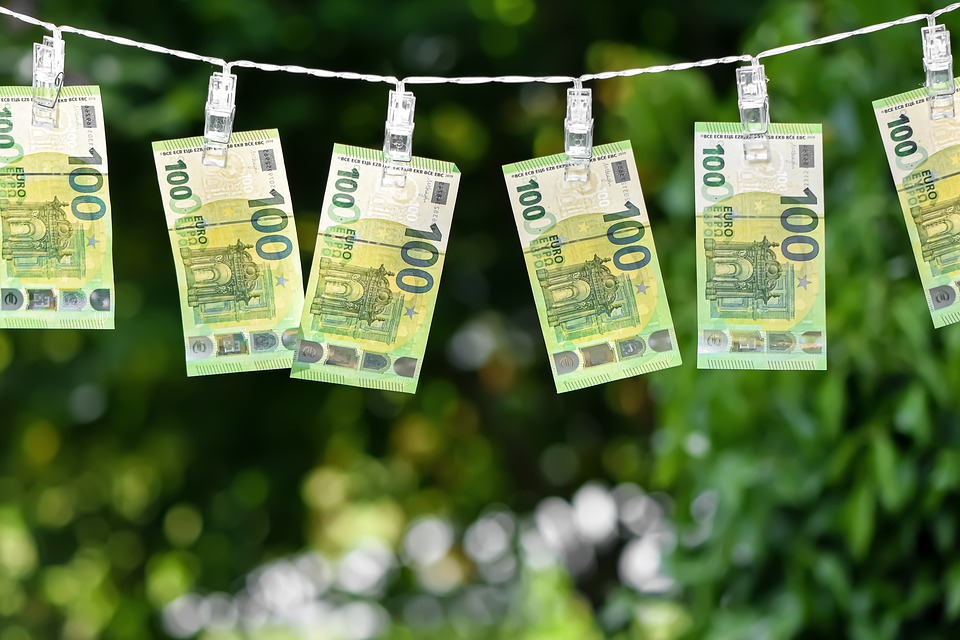How money laundering gallops in Germany

All the facts about money laundering in Germany
Suspected cases of money laundering and terrorist financing in Germany are growing by almost 50%. In the country, the director of the Financial Intelligence Unit, Fiu, denounces a culture of true contrast to the crime of money laundering.
All the details.
THE GROWTH (RECORD) OF SUSPECTED CASES
Let's start with the numbers. The German Federal Anti-Money Laundering Unit recorded a record 114,914 suspected cases of money laundering and terrorist financing for 2019, according to Tagesspiegel , who viewed the report in advance.
The figure marks an increase of nearly 50 percent over the previous year. The cases, explains the Federal Unit, are linked to a total of 355,000 suspicious transactions.
THE SIGNALS
Most of the suspected cases were reported by some German banks and other financial institutions. Among the reporting also notaries and real estate agents.
UNCONSOLIDATED ACCUSATION
"The problem is that the accusation of money laundering in Germany is not traditionally well established," Fiu director Christof Schulte told Tagesspiegel .
A GROWING TREND
The numbers, however, are not surprising. Already last year, the Financial Intelligence Unit reported that the trend of suspected cases of money laundering was growing. More than 77,000 cases of money laundering were recorded in 2018.
MOST VULNERABLE REAL ESTATE SECTOR
And since last year, it also emerged that the German real estate sector was “extremely vulnerable”, reports Handelsblatt . In recent years, the newspaper writes, there have been repeated indications that the real estate sector may be a preferential gateway for laundering money.
THE FIRST STEPS OF THE GOVERNMENT
The government, however, has taken some steps to stop money laundering offenses. Last November, Parliament promoted a series of anti-money laundering rules, aligning with EU rules.
Real estate agents, notaries, precious metal dealers and auction houses are obliged to declare all suspicious transactions.
SCAMS AND STATE AID SCRAPERS
The crime of money laundering certainly does not go well with the image of a strict and law-abiding Germany. A bit like scams and criminal pollution with reference to state aid for the coronavirus.
"There would be in the order of thousands – wrote Pierluigi Mennitti on Start Magazine – the attempts at scam attempted by German citizens (but also by foreigners residing in Germany) who tried to grab the money for immediate aid allocated by the government and regions, even if they did not having the right. In particular, financial support for small businesses with fewer than 15 employees and self-employed workers is targeted ”. Among the scammers there are allegedly employed, unemployed, public officials and also "real gangs of organized crime, in particular the notorious Arab clans that have long been one of the problems of public order in the German metropolises".
This is a machine translation from Italian language of a post published on Start Magazine at the URL https://www.startmag.it/mondo/come-galoppa-il-riciclaggio-di-denaro-in-germania/ on Tue, 18 Aug 2020 12:06:36 +0000.
